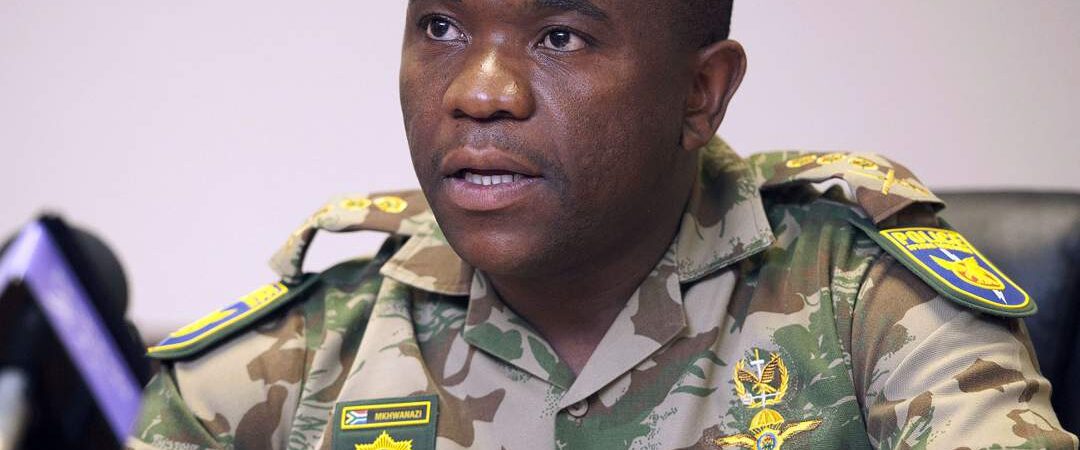JOHANNESBURG, South Africa – Security has been significantly reinforced around the home of KwaZulu-Natal’s outspoken police commissioner, Lieutenant General Nhlanhla Mkhwanazi, following his seismic allegations that senior government and police officials are colluding with criminal syndicates.
The move, confirmed by sources close to the general, comes amid a political firestorm ignited by Mkhwanazi’s public briefing last Sunday. In an unprecedented move, he accused Police Minister Senzo Mchunu and Deputy National Commissioner Lieutenant General Shadrack Sibiya of deliberately sabotaging investigations into political killings and organized crime to protect a powerful syndicate with tentacles reaching into Parliament.
While the South African Police Service (SAPS) has remained officially tight-lipped on the specific security arrangements, the heightened presence of tactical units around Mkhwanazi’s private residence is a clear indication of the grave threat level now facing the provincial commissioner. The beefed-up security detail is seen as a necessary precaution after he took the monumental risk of publicly naming some of the most powerful figures in the country’s justice and security cluster.
During his explosive press conference, Mkhwanazi alleged that a provincial task team investigating over 120 dockets related to political assassinations was abruptly and unilaterally disbanded by Minister Mchunu. Mkhwanazi claimed this was done precisely when the team’s investigations began “unmasking a syndicate” that involves “politicians, law enforcement, SAPS, metro police, correctional services, prosecutors, [and the] judiciary” being “controlled by drug cartels and businesspeople.”
The general’s revelations have sent shockwaves through the nation, triggering widespread calls from opposition parties and civil society organizations for President Cyril Ramaphosa to launch an independent commission of inquiry. The incident has also thrown the integrity of the SAPS into turmoil, with a high-ranking officer openly accusing his superiors of being captured by criminal elements.
Political analysts and watchdog groups have highlighted the immense personal danger Mkhwanazi now faces. In a statement, the Institute for Security Studies warned that whistleblowers who expose high-level corruption within security forces are often subject to intimidation, retaliation, or physical harm. One report from the Daily Maverick starkly noted, “Mkhwanazi needs to be protected at all costs. He and his family are now in real and imminent danger.”
President Ramaphosa’s office has acknowledged the gravity of the situation, calling it a “matter of grave national security concern that is receiving the highest priority attention” and urging “discipline and restraint” from all parties.
Meanwhile, Mkhwanazi has remained defiant. In subsequent media interviews, he has stated he is unfazed by the threats to his personal safety, emphasizing that his primary concern is for the citizens of South Africa who are at the mercy of a compromised state. The visible shield of state security around his home, however, tells a different story—one of a man who has marked himself as a target to protect the integrity of the law.
